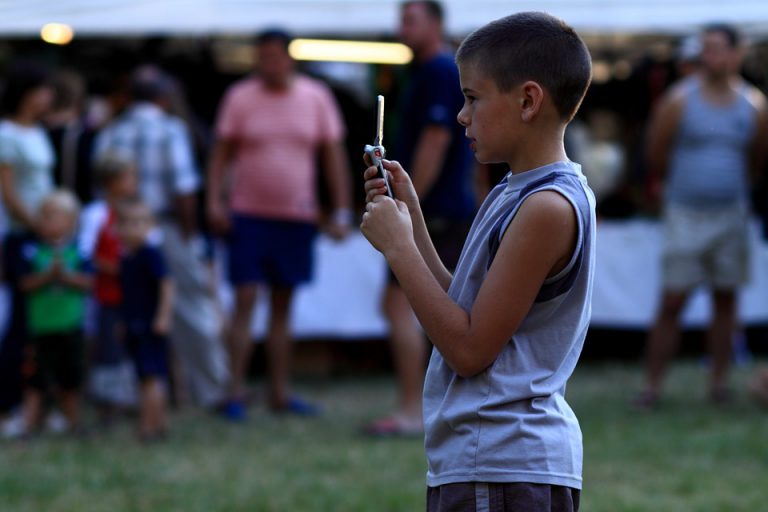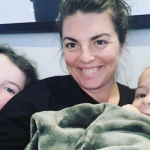The Hashtags That Could Be Putting Your Children At Risk!

The Hashtags That Could Be Putting Your Children At Risk!
Whether we like it or not we’re living in a digital age where our every move is monitored and recorded. Social media platforms like Facebook and Instagram are collecting data on us and using it to create profiles with personal information gathered from all the pages we have followed and liked. Once something is posted online it ceases to be private. Everything can be traced back to you. Which is why we need to be super careful about what we share – especially when it comes to our children.
Early on my husband and I made the decision never to share our children’s faces online. If there was ever a photo of them it was always from the back and never in an area that could be easily identified, such as their school. It was just our decision and one that we’ve stuck to. When the kids are old enough to give their consent to their image being online then we will rethink it.
With the introduction of hashtags comes a whole new tracking system. Basically a hashtag is a word that acts like a reference point if you like. For example you may share a photo of youreslf on holiday with the hashtags #beachlife or #funtimes which make your photo searchable to anyone who types those hashtags into their search engine. It’s a way of collating photos and filing them under subject.
So imagine the dangers in sharing photos of your children with hashtags like #bathtime #nakedkids or #toilettraining. While to normal people like you and I these photos are just innocent snaps of our kids, to pervert pedophiles they’re an easy way to collect images of young children.
Chairman of the Child Rescue Coalition, David Angelo said: “While parents are naively posting intimate photos and details about their kids on social media, they have no idea how easily these images can be screenshot and downloaded by predators and sex offenders, who can manipulate, misuse and repost them on other sites.”
Angelo also spoke about a new term used to describe the oversharing of kid’s images: “The term ‘sharenting’ has been used to describe parents who feel the need to share almost every step of their child’s life on social media, without asking them. The end result may be a generation of children growing up who find much of their private lives have been online for years. And that may be dangerous.”
Instagram can be a dangerous place too as the location tool has the ability to pinpoint exactly where your child is in real time. A stalker will use that information to track your child’s usual routine. Whether it’s Saturday morning football practice or Thursday night karate lessons your child’s movements can easily be monitored.
Australian parenting expert Dr Kristy Goodwin and author of Raising Your Child In A Digital World, says: “It has been suggested that 50 per cent of images shared on paedophile sites have been taken from parents’ social media sites. We lose full control of where our kids’ photos end up when we share them online.”
She recommends parents allow their kids to help pick any photos shared online so they can control their “digital DNA”.
So in short just be mindful of what you’re posting, don’t share photos of your kids at bath time no matter how adorable they look. And while you may be super proud of your child winning first place at their school athletics carnival try not to post a photo where the school logo is visible. If you’re not sure whether the photo is appropriate or not then don’t share it. Or better still just send it privately to family members or friends.
Images: Pixabay













